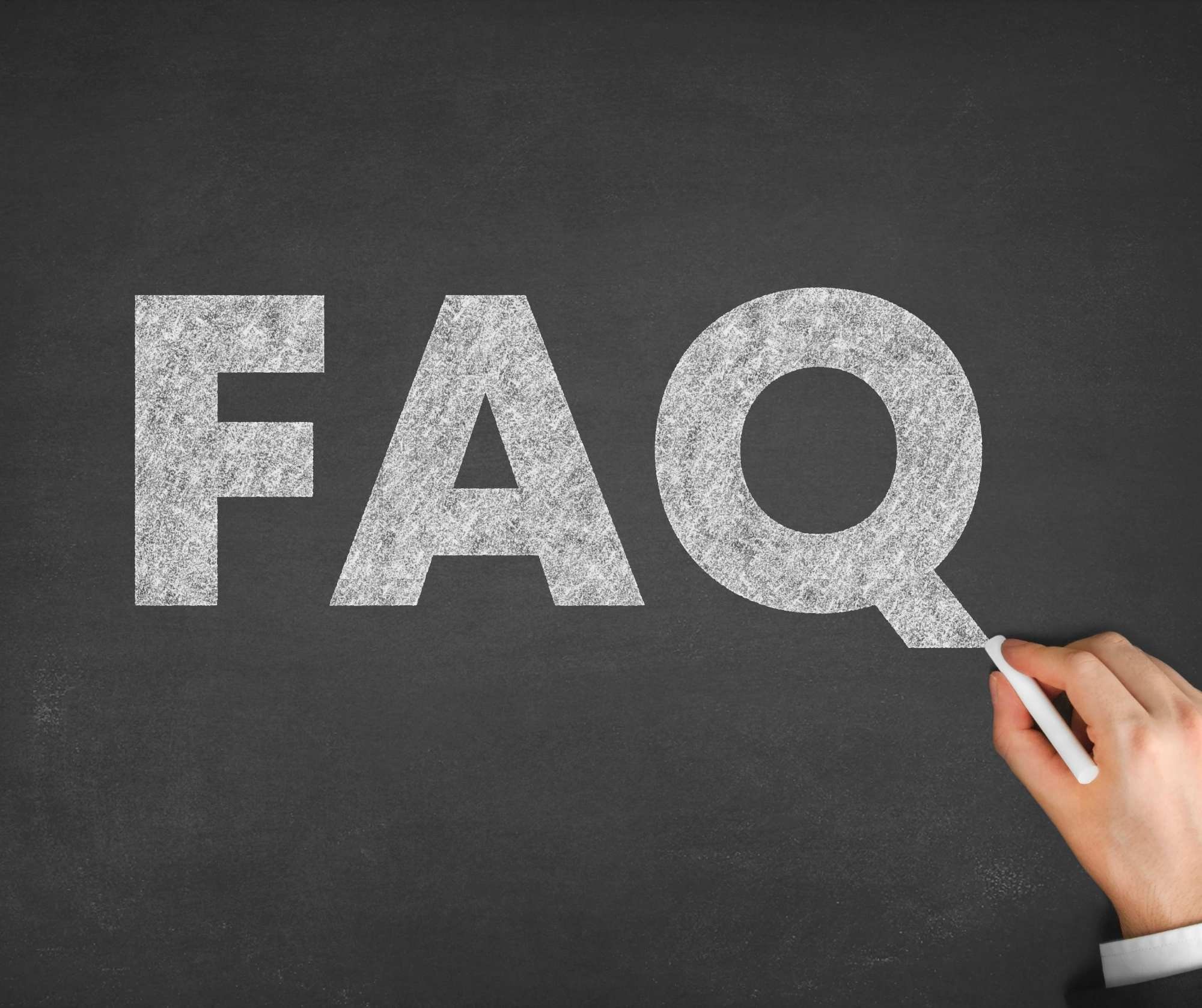
Whether you’re running a small business or managing a large company in Australia, understanding your accounting obligations is crucial for compliance and financial health.
Going through the complexities of Business Activity Statements (BAS), tax returns, and proper record-keeping can be daunting, but with a clear understanding of basic accounting principles and terms, you can manage your finances effectively and make informed decisions to avoid costly mistakes.
Business Activity Statement (BAS)
The BAS is one of the critical financial documents in your business’s financial reporting in Australia. It’s used to report and pay several tax obligations, including:
- Goods and Services Tax (GST)
- Pay As You Go (PAYG) withholding
- PAYG instalments
- Fringe Benefits Tax (FBT) instalments
- Luxury Car Tax (LCT)
- Wine Equalisation Tax (WET)
- Fuel Tax Credits
Key BAS Reporting Periods
Your BAS reporting period will depend on your business’s annual turnover:
- Quarterly: If your business has a turnover of less than $20 million, you generally report quarterly.
- Monthly: If your turnover is $20 million or more, you must report monthly.
- Annually: Smaller businesses with GST turnover of less than $75,000 (or $150,000 for non-profits) can choose to report annually.
Lodging Your BAS
The Australian Taxation Office (ATO) provides several methods for lodging your BAS:
- Online through the ATO Business Portal
- Through your registered tax or BAS agent
- Via mail
Failing to lodge your BAS on time can result in penalties and interest charges, so it’s essential to stay on top of these deadlines.
Tax Returns
All businesses in Australia must file an annual tax return, which is a crucial financial report. The type of return you need to submit depends on your business structure:
- Sole Traders: Lodge an individual tax return including a supplementary section for business income.
- Partnerships: Lodge a partnership tax return. Each partner must also report their share of the partnership’s income in their individual tax returns.
- Companies: Lodge a company tax return.
- Trusts: Lodge a trust tax return
Income, Deductions, and Business Expenses
When preparing your tax return, accurately reporting your business or investment income and itemising your business expenses in your income statement is crucial for claiming all eligible deductions. Common deductions include:
- Operating expenses
- Business travel expenses
- Equipment and asset depreciation
- Home office expenses (if applicable)
Lodging Your Tax Return
You can lodge your tax return:
- Online through the ATO’s myTax service
- Via your registered tax agent
The due date for lodging your tax return can vary depending on your business structure and whether you use a tax agent. Ensure you check the specific deadlines to avoid late fees and penalties.
Receipts and Record-Keeping
Proper record-keeping is the foundation of accurate and compliant accounting. Effective management of cash flow, including tracking cash inflow and outflow from operating, financing, and investing activities, is crucial for maintaining financial health. The ATO requires businesses to keep financial records that:
- Explain all transactions
- Are in English, or easily converted to English
- Are kept for five years
Essential Records to Keep
- Sales and expense receipts
- Invoices
- Credit card statements
- Bank statements
- Business bank account: Maintaining a separate business bank account is essential for tracking business transactions, simplifying accounting, avoiding the mixing of personal and business funds, and facilitating tax preparation.
- Employee records, including wages and superannuation
- Stocktakes
Digital Record-Keeping and Financial Statements
With advancements in technology, digital tools have made maintaining accurate financial statements more efficient and secure. Many businesses use accounting software like Xero, MYOB, or QuickBooks, which integrate with bank accounts and streamline the record-keeping process.
Other Key Accounting Obligations

Superannuation
If you have employees, you must pay superannuation contributions to their nominated super fund. The current superannuation guarantee rate is 11% of an employee’s ordinary time earnings. Super contributions are generally due quarterly, and late payments can attract significant penalties.
Tracking superannuation contributions is a crucial aspect of business performance, as it helps in evaluating financial metrics like income and expenses.
Fringe Benefits Tax (FBT) and Goods and Services Tax (GST)
If your business provides certain benefits to employees, such as company cars or entertainment expenses, you may need to pay FBT. The FBT year runs from 1 April to 31 March, and you must lodge an FBT return and pay any due FBT annually.
Staying Compliant with Tax Obligations
Staying compliant with your accounting obligations is vital for avoiding penalties and ensuring your business’s financial health. A cash flow statement is essential for monitoring cash movements and identifying potential financial troubles. Here are some tips:
- Stay organised: Use accounting software to keep track of your finances and important dates.
- Consult professionals: Regularly work with a registered tax agent or accountant to ensure you’re meeting all obligations and maximising deductions.
- Keep up-to-date: Regularly review the ATO website or subscribe to updates to stay informed about any changes in tax laws and obligations.
The Takeaway On Understanding Your Accounting Obligations
Understanding and managing your accounting obligations, including BAS, tax returns, receipts, and more, is essential for any business operating in Australia. By staying organised, leveraging technology, and seeking professional advice, you can navigate the complexities of business accounting and ensure compliance with all regulatory requirements.
Reach out to Grey Space Advisory for help!
FAQs

1. What is the difference between BAS and IAS?
- BAS (Business Activity Statement): Used by businesses to report and pay GST, PAYG withholding, PAYG instalments, and other taxes.
- IAS (Instalment Activity Statement): Used mainly by individuals who need to pay PAYG instalments but are not registered for GST. It’s also used by businesses that report PAYG withholding but are not registered for GST.
2. How often do I need to lodge my BAS?
The frequency of lodging your BAS depends on your business’s turnover:
- Quarterly: For businesses with a turnover of less than $20 million.
- Monthly: For businesses with a turnover of $20 million or more.
- Annually: For smaller businesses with a GST turnover of less than $75,000 (or $150,000 for non-profits) that choose to do financial reports annually.
3. What expenses can I claim as deductions on my tax return?
You can claim deductions for expenses that are directly related to earning your business income. Understanding your profit and loss statement is crucial for calculating income and expenses, preparing financial summaries, and making informed business decisions. Common deductions include:
- Operating expenses
- Business travel expenses
- Equipment and asset depreciation
- Home office expenses (if applicable)
- Employee wages and superannuation contributions
4. How long should I keep my business records?
The ATO requires businesses to keep records for five years from when you prepared or obtained the records, or completed the transactions or acts they relate to, whichever is later.
5. What happens if I lodge my BAS or tax return late?
Lodging your BAS or tax return late can result in penalties and interest charges. The ATO may also impose a Failure to Lodge (FTL) penalty based on the size of your business and the length of time the lodgement is overdue.
6. Can I lodge my BAS and tax return myself, or do I need a tax agent?
You can lodge your BAS and tax return yourself using ATO’s online services, or you can engage a registered tax agent or BAS agent to lodge on your behalf. Using a tax agent can help ensure accuracy and compliance, and they may also provide valuable advice on tax planning and deductions.